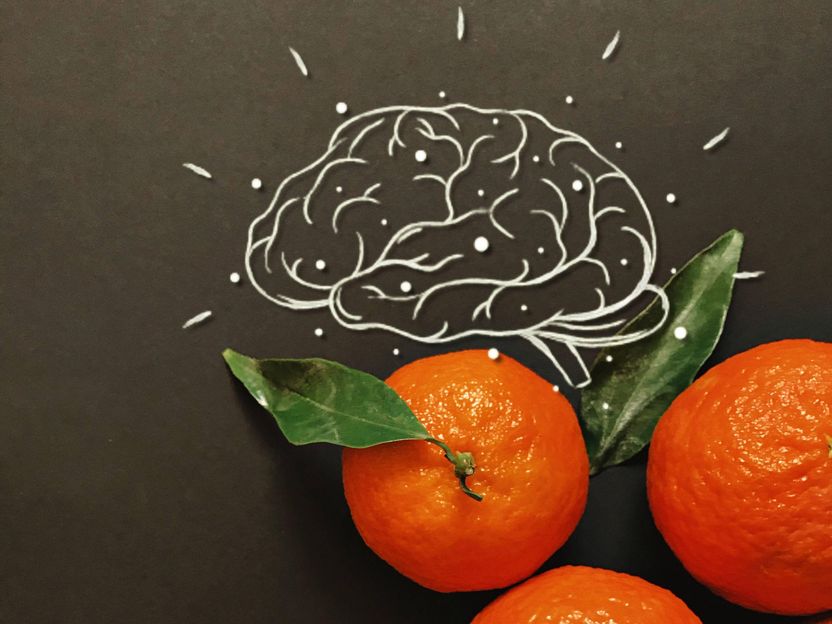Higher antioxidant levels linked to lower dementia risk
Advertisement
People with higher levels of antioxidants in their blood may be less likely to develop dementia, according to a study published in the May 4, 2022, online issue of Neurology®, the medical journal of theAmerican Academy of Neurology.

Lutein and zeaxanthin are found in green, leafy vegetables such as kale, spinach, broccoli and peas. Beta-cryptoxanthin is found in fruits such as oranges, papaya, tangerines and persimmons (symbolic image).
Unsplash/pixabay.com
The study found that people with the highest levels of the antioxidants lutein and zeaxanthin and beta-cryptoxanthin in their blood were less likely to develop dementia decades later than people with lower levels of the antioxidants. Lutein and zeaxanthin are found in green, leafy vegetables such as kale, spinach, broccoli and peas. Beta-cryptoxanthin is found in fruits such as oranges, papaya, tangerines and persimmons.
“Extending people’s cognitive functioning is an important public health challenge,” said study author May A. Beydoun, PhD, MPH, of the National Institutes of Health's National Institute on Aging in Baltimore, Maryland. “Antioxidants may help protect the brain from oxidative stress, which can cause cell damage. Further studies are needed to test whether adding these antioxidants can help protect the brain from dementia.”
The study involved 7,283 people who were at least 45 years old at the beginning of the study. They had a physical exam, interview and blood tests for antioxidant levels at the beginning of the study. They were then followed for an average of 16 years to see who developed dementia.
The participants were divided into three groups based on their levels of antioxidants in the blood. People with the highest amounts of lutein and zeaxanthin were less likely to develop dementia than those with lower levels. Every standard deviation increase in lutein and zeaxanthin levels, approximately 15.4 micromols/liter, was associated with a 7% decrease in risk of dementia. For beta-cryptoxanthin, every standard deviation increase in levels, approximately 8.6 micromols/liter, was associated with a 14% reduced risk of dementia.
“It’s important to note that the effect of these antioxidants on the risk of dementia was reduced somewhat when we took into account other factors such as education, income and physical activity, so it’s possible that those factors may help explain the relationship between antioxidant levels and dementia,” Beydoun said.
A limitation of the study is that antioxidant levels were based on one measurement of blood levels and may not reflect people’s levels over their lifetime.




















































